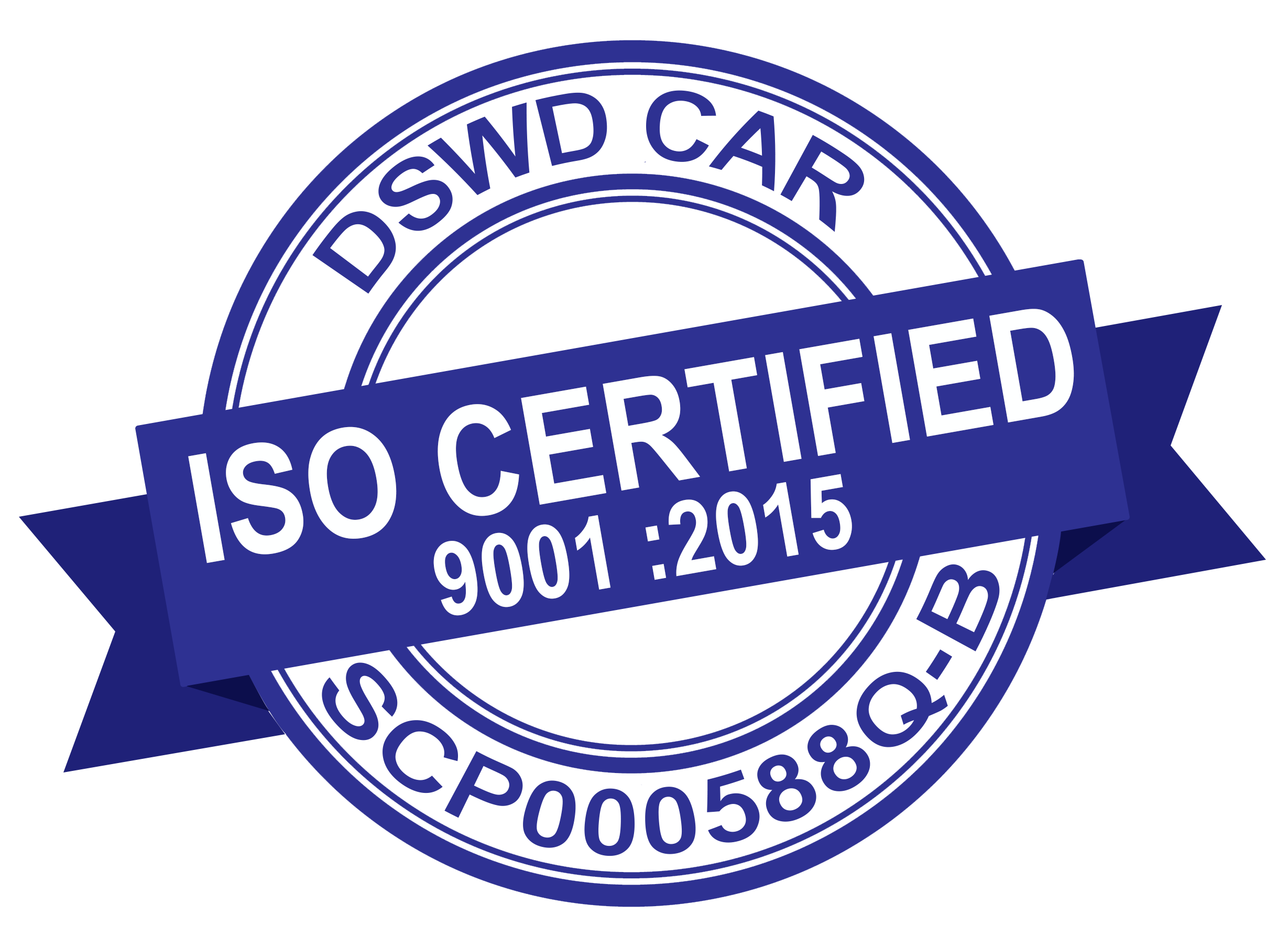Cordillera Administrative Region- The Department of Social Welfare and Development (DSWD) and selected local government units (LGUs) will reinforce proper sanitation behaviors in the Cordillera through the integration of Water, Sanitation, and Hygiene (WASH) program in the DSWD core poverty reduction programs starting this year.
Last August 17-21, DSWD staff and local government unit representatives from the municipalities of Kibungan, and Tublay in Benguet Province, and Hungduan from Ifugao Province were trained on Community-led Total Sanitation and Behavior Change Communication approaches facilitated by the World Bank – Water and Sanitation Program. The training aims to capacitate regional and municipal stakeholders as implementers of the project.
The WASH program integration to DSWD is a part of the partnership with the World Bank Group. It is in line with the DSWD’s goal to improve the well-being of poor families.
Recognizing that sanitation plays a major role in the social adequacy sphere of poor families, the DSWD has taken steps to address health and sanitation issues such as eradication of the practice of open defecation or zero open defecation in rural communities.
“Though our local government counterparts and other partner agencies have exerted effort and made significant progress, there are still poor families who lag behind health and sanitation targets and these families are the clients of the Pantawid Pamilya and other DSWD programs. That is the reason why we are integrating WASH in our programs with the help of our municipal partners to ensure that sanitation issues will not be left behind” said Social Welfare and Development Director Janet P. Armas.
With the involvement of the local sanitary inspection office and municipal health office, the DSWD’s municipal action team will start to implement a WASH plan in the area which will commence through the Family Development Sessions (FDS) of the Pantawid Pamilyang Pilipino Program. The FDS aims to increase awareness of partner beneficiaries through personal and collective responses to WASH issues.
Through the Kapit-bisig Laban sa Kahirapan –Comprehensive and Integrated Delivery of Social Services (Kalahi-CIDSS) Project, possible funding for the water and sanitation projects will be addressed. The said project will organize and assist the community in planning and designing the WASH facilities while the Sustainable Livelihood Program will provide cash-for-work and on-the-job skills training in manufacturing of toilet bowls, water tanks,and other needed materials.
The WASH program in DSWD is a one-year project which has started August this year. #DSWD-CAR/ John Eric B. Escalante




